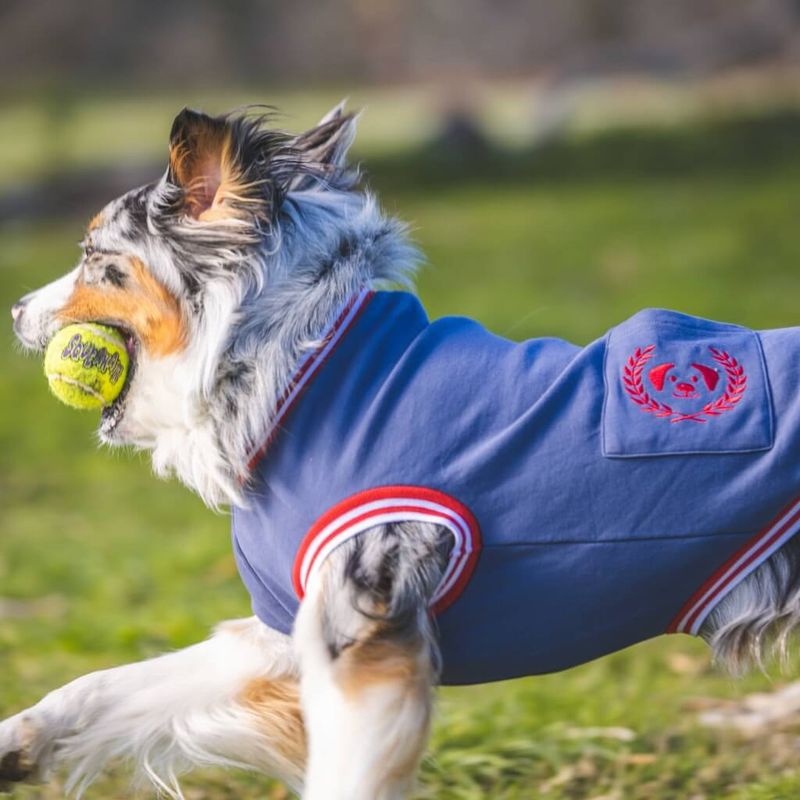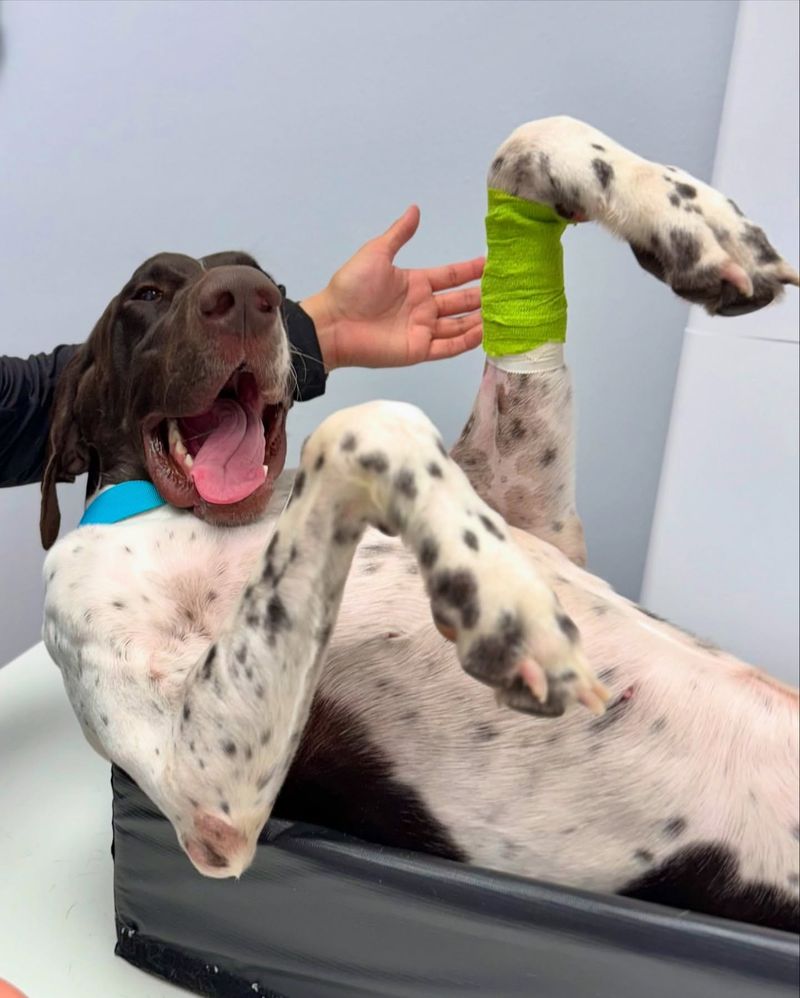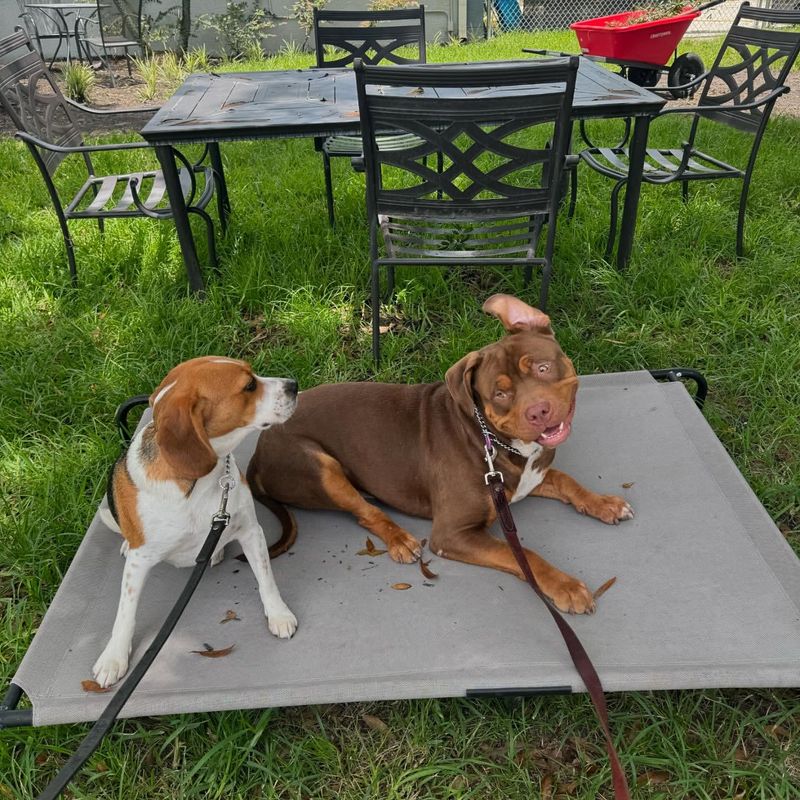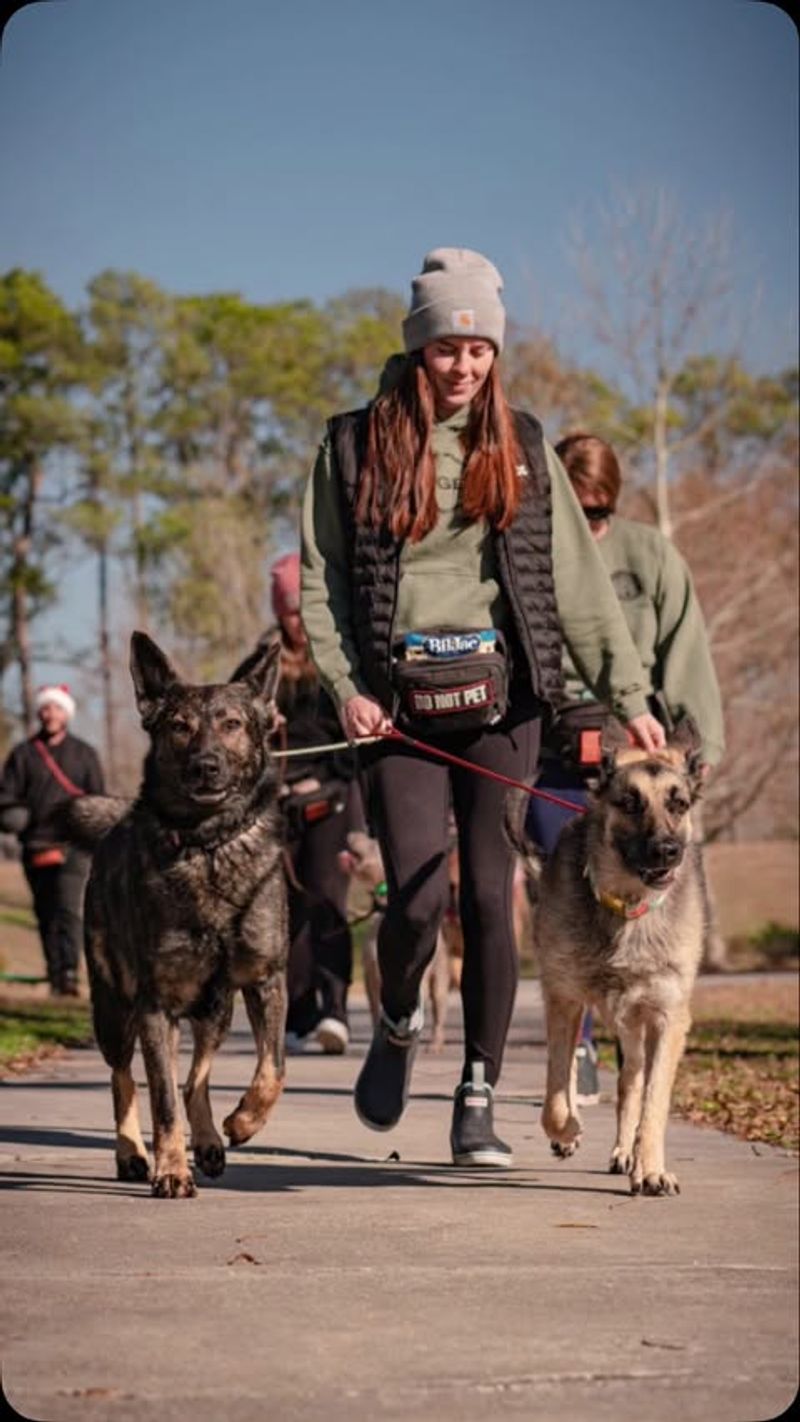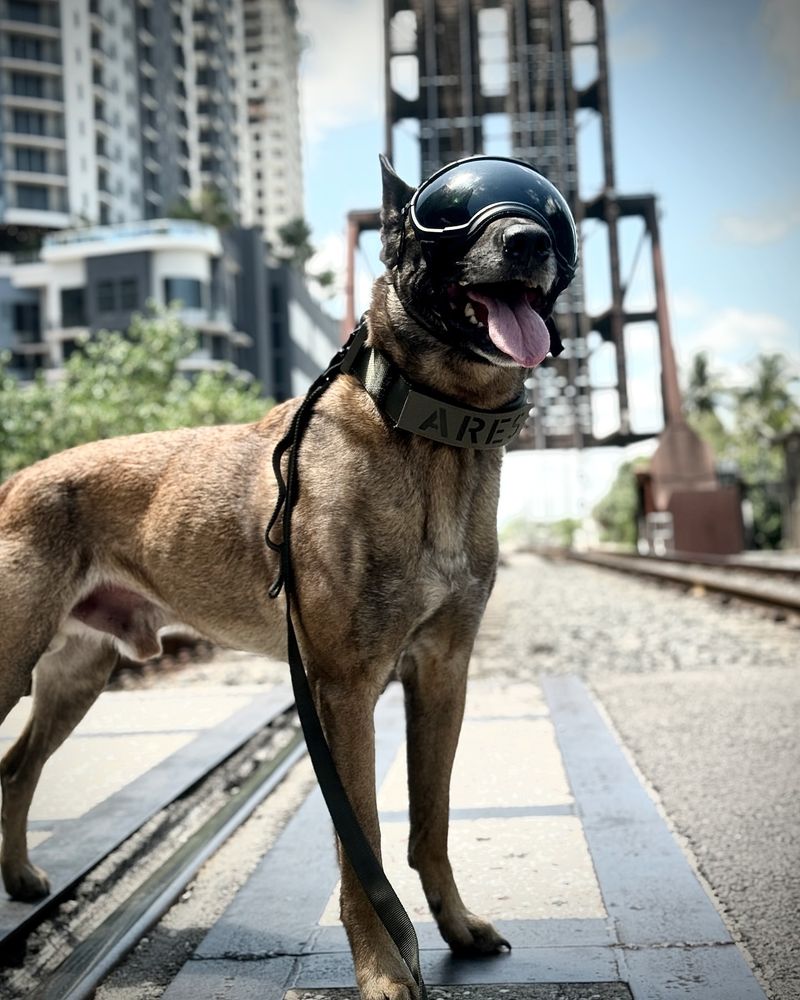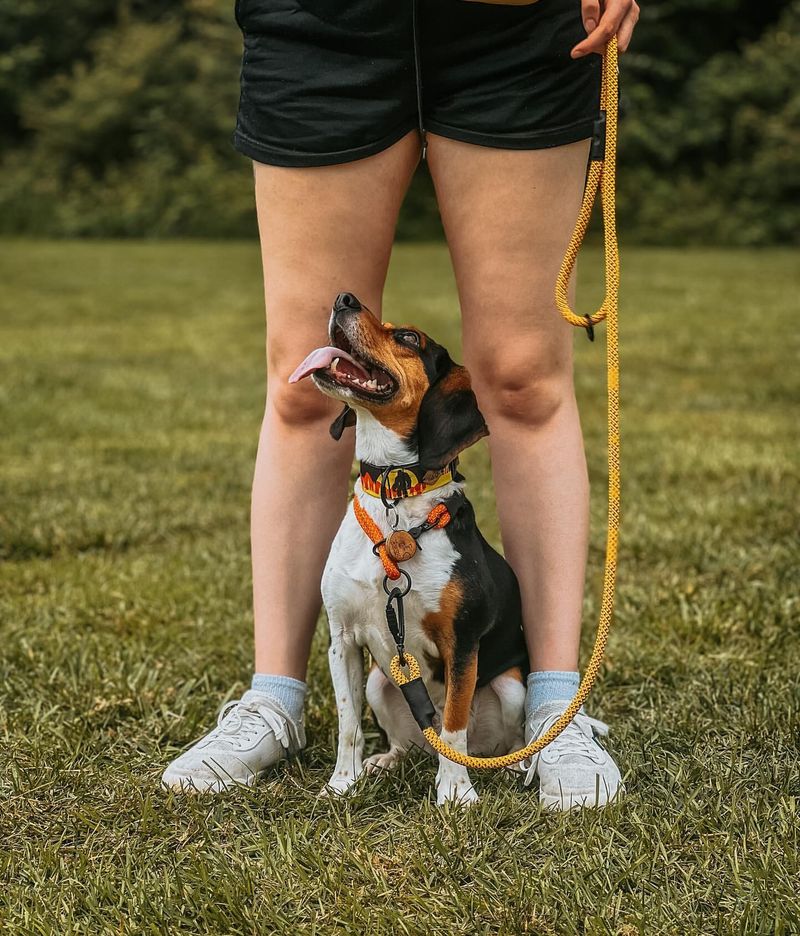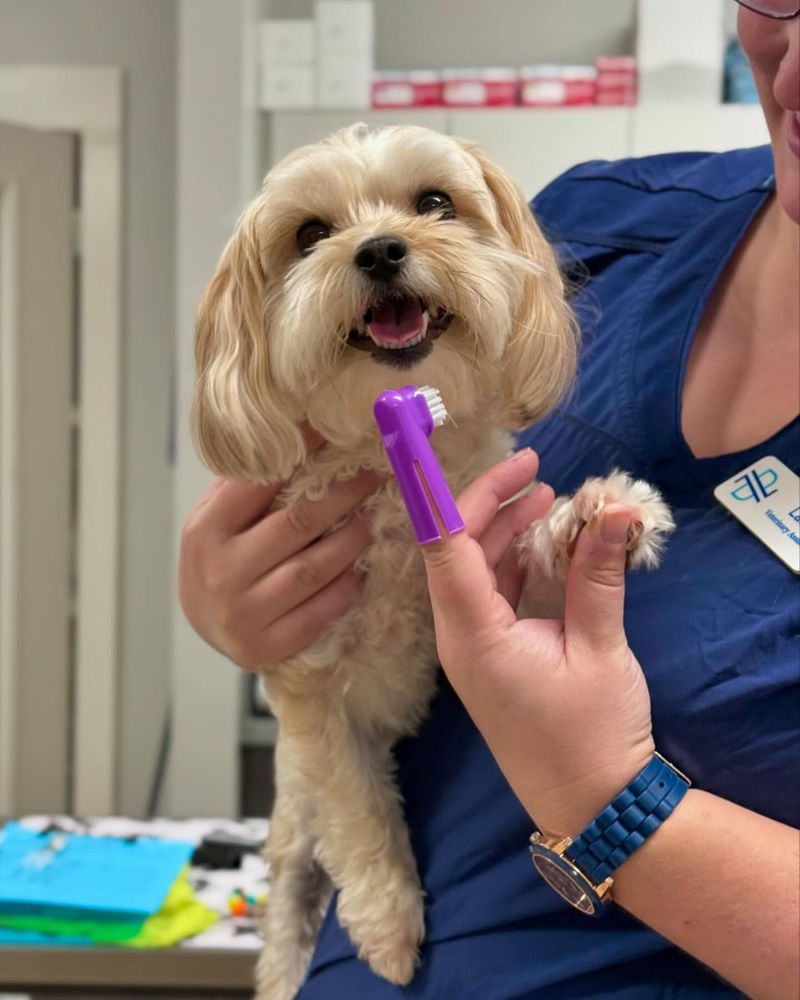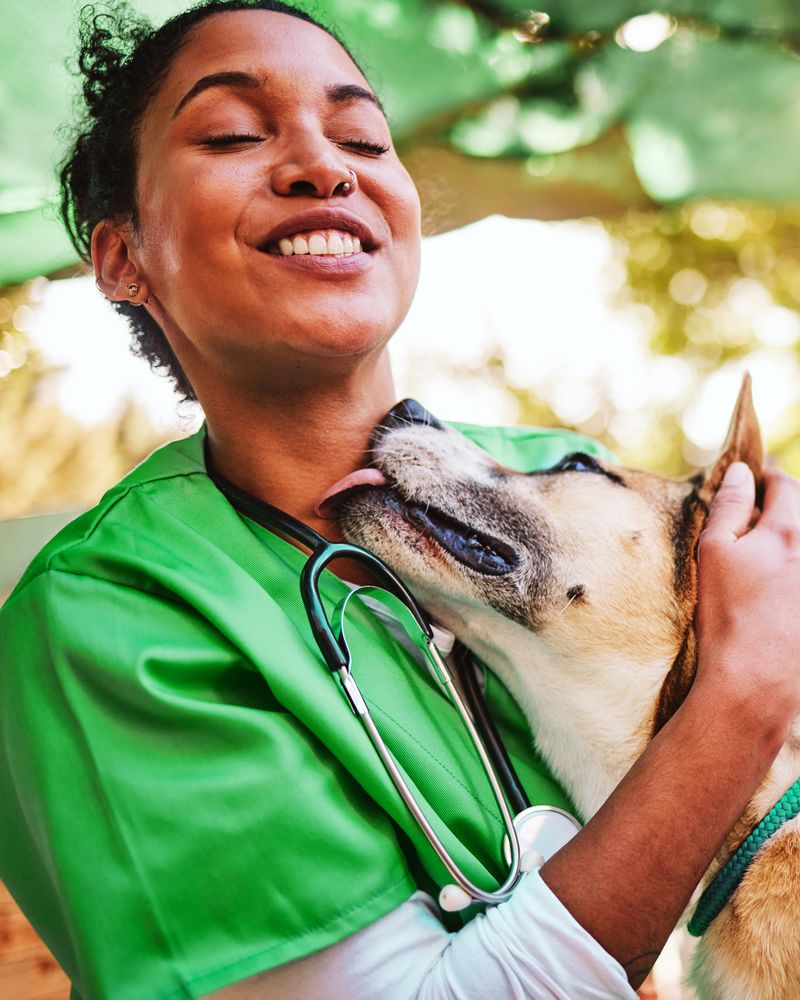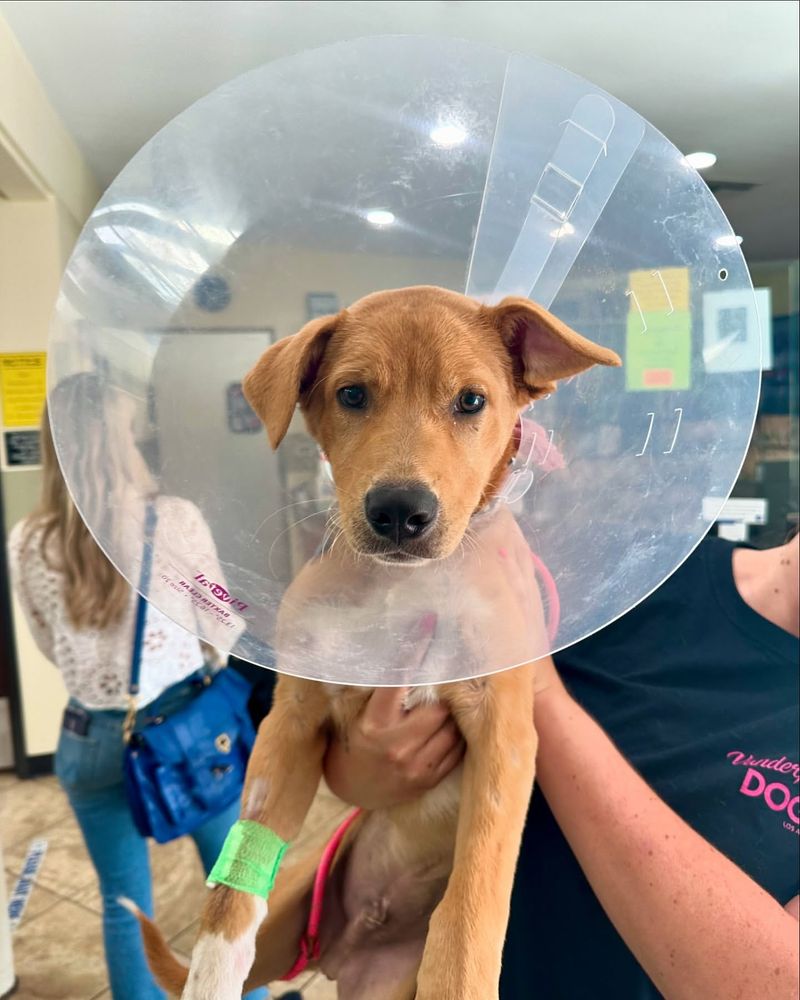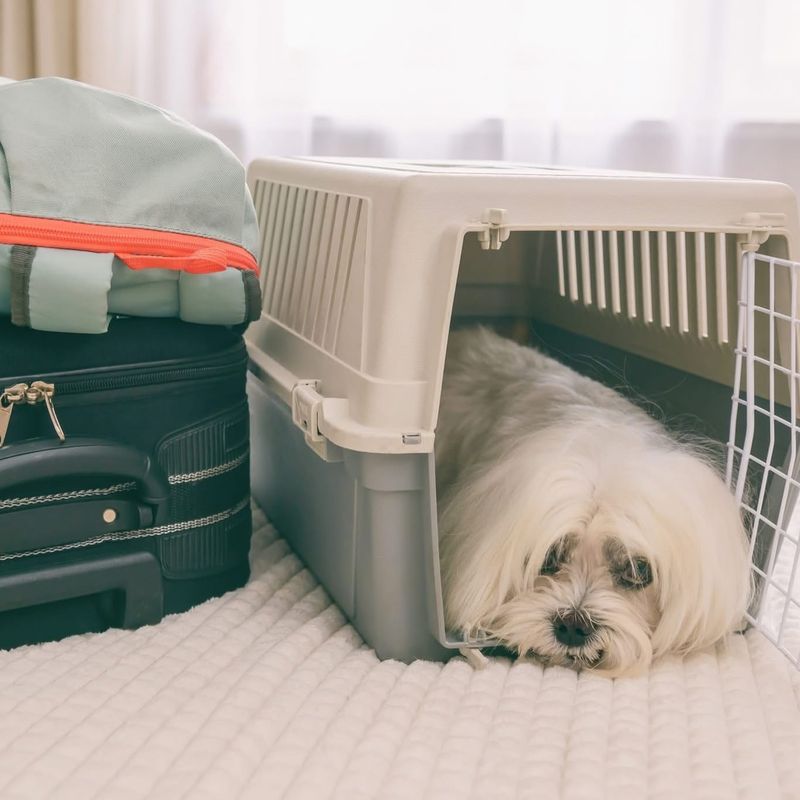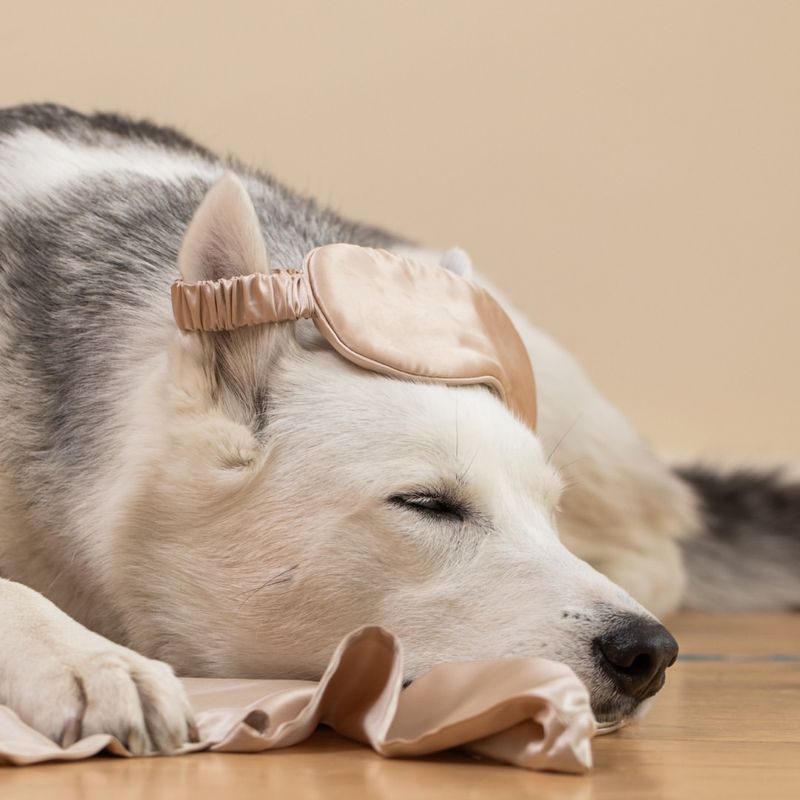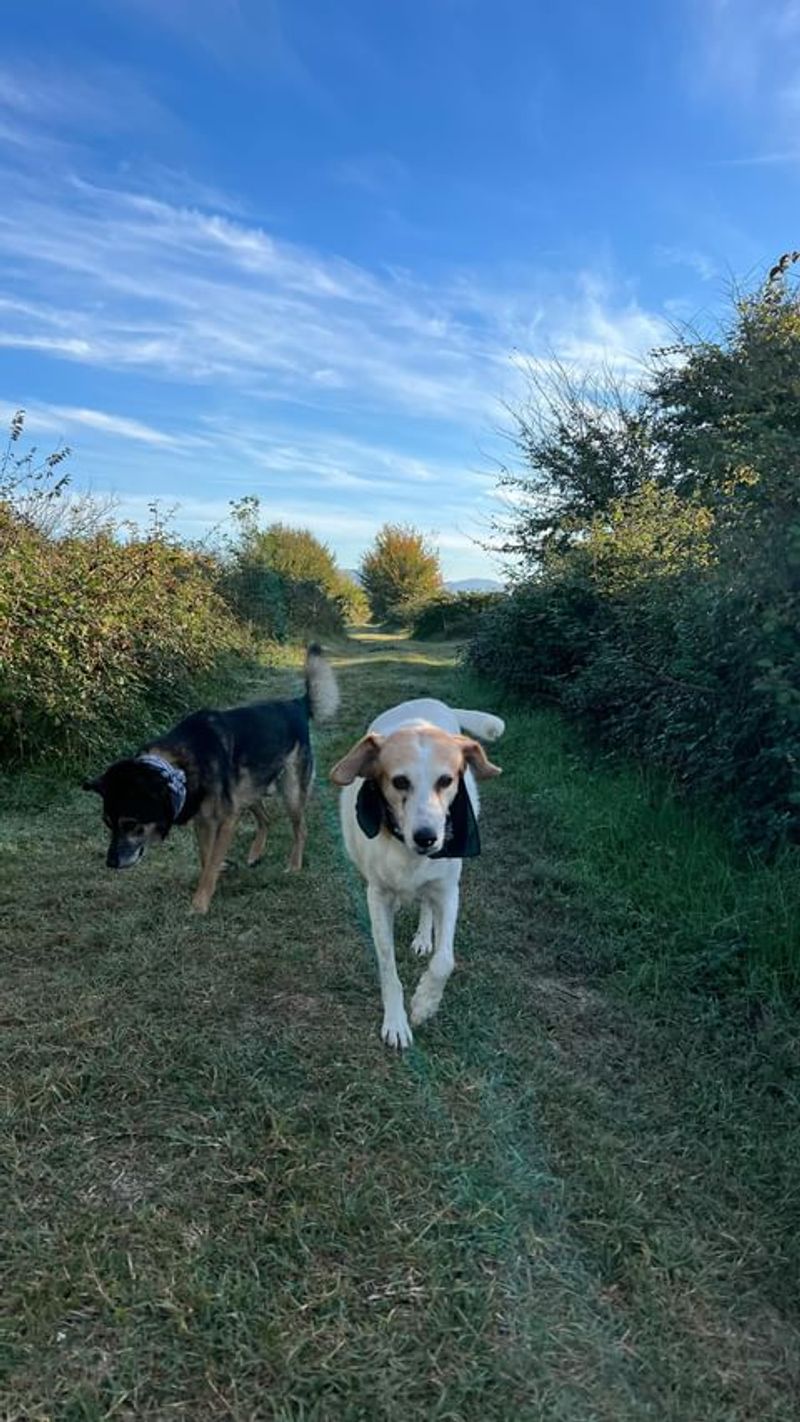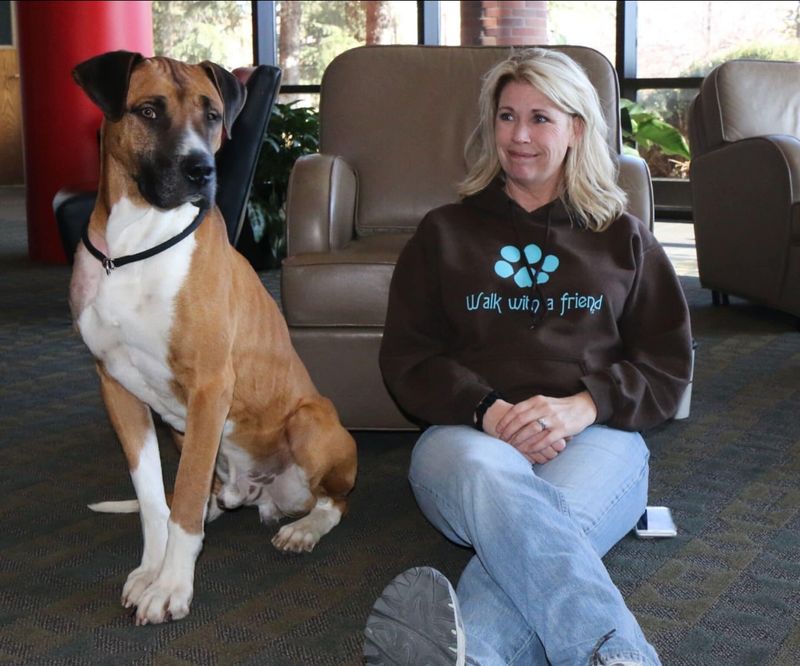Owning a dog is a joyful and rewarding experience, but it comes with responsibilities. Understanding how to take care of your furry friend ensures a happy and healthy life for both you and your pet. This guide will cover 22 essential tips every dog owner should know, from nutrition and exercise to grooming and training. These insights are designed to help you provide the best care for your canine companion, ensuring they thrive in their home environment.
Balanced Diet
Providing a balanced diet is crucial for your dog’s overall health. Ensure your pet’s meals are rich in proteins, vitamins, and minerals. Consult your vet to tailor a diet suitable for your dog’s age, breed, and activity level.
Avoid overfeeding to prevent obesity, a common issue in dogs. Regularly include fresh vegetables and lean meats in their diet. Hydration is equally important, so always keep fresh water available.
Homemade meals or high-quality commercial dog foods are good options. Remember, a well-nourished dog is a happy dog, thriving with energy and vitality.
Regular Exercise
Exercise is vital for a dog’s physical and mental well-being. It helps maintain a healthy weight and prevents behavioral problems caused by pent-up energy. Regular walks, playtime, and interactive games are excellent ways to keep your dog active.
Tailor exercise routines to fit your dog’s breed and age. Younger, energetic breeds may require more vigorous activity, while older dogs benefit from gentle walks.
Engage in activities like fetch or agility training to strengthen your bond. Remember, consistent exercise promotes a happier, healthier lifestyle for your beloved pet.
Proper Grooming
Grooming is more than just keeping your dog looking good. Regular brushing removes loose fur and helps detect skin issues early. Choose grooming tools suitable for your dog’s coat type.
Bathing should be done as needed, not too frequently, to prevent skin irritation. Keep ears clean and check for infections. Trimming nails prevents discomfort and walking problems.
Professional grooming visits ensure thorough care. Beyond aesthetics, grooming is an essential aspect of your dog’s health, contributing to their overall well-being.
Veterinary Check-ups
Regular veterinary check-ups are essential to ensure your dog’s health. Annual exams help detect potential health issues early, allowing for timely intervention.
Vaccinations and parasite control are crucial components of preventive care. Discuss any concerns or behavioral changes with your vet, as they might indicate underlying health issues.
Building a relationship with a trusted vet ensures comprehensive care. These check-ups are not just routine; they are vital for maintaining your pet’s long-term health and happiness.
Socialization
Socializing your dog is key to raising a well-adjusted pet. Introduce them to different environments, people, and other animals.
This exposure helps reduce anxiety and aggression, promoting a friendly demeanor. Enroll in puppy classes or visit dog parks to encourage positive interactions.
Supervised play dates with other dogs are beneficial. Remember, a socialized dog is more confident and enjoys a richer life experience.
Training and Commands
Training is fundamental in nurturing a well-behaved dog. Start with basic commands like sit, stay, and come, using positive reinforcement.
Consistency is key in training sessions, and patience is crucial. Short, engaging sessions are most effective, especially with treats or praise as rewards.
Obedience training strengthens the bond between you and your dog. A trained dog is not only safer but also happier, adapting better to various situations.
Safe Environment
Creating a safe environment is essential for your dog’s well-being. Ensure hazardous items and toxic substances are out of reach.
Provide a comfortable space for your dog to relax, with a cozy bed and favorite toys. Secure areas like stairs with gates to prevent accidents.
Regularly inspect your home for potential dangers. A safe environment contributes to your dog’s sense of security, promoting a stress-free life.
Proper Identification
Proper identification ensures your dog can be returned if lost. A collar with an ID tag displaying contact information is essential.
Microchipping provides a permanent identification method, increasing the chances of a safe return. Keep your contact details updated with the microchip registry.
In emergencies, identification is crucial. It provides peace of mind, ensuring your beloved pet’s safety if they wander off.
Dental Care
Dental care is often overlooked but vital for your dog’s health. Regular brushing prevents plaque buildup and gum disease.
Use dog-specific toothpaste and toothbrushes, never human products. Dental treats and toys also help maintain oral hygiene.
Routine dental check-ups with your vet ensure any issues are addressed early. Good dental care contributes to your dog’s overall health and longevity.
Mental Stimulation
Mental stimulation is as important as physical exercise for dogs. Provide toys and activities that challenge their intellect.
Puzzle toys, scent games, and training exercises keep your dog engaged and prevent boredom-related behavior issues.
Rotate toys regularly to maintain interest. A mentally stimulated dog is happier and less likely to develop destructive habits.
Proper Shelter
Proper shelter is necessary for your dog’s comfort. If your dog spends time outdoors, ensure they have a well-insulated, weatherproof dog house.
The shelter should be sizable enough for movement but cozy to retain warmth. Comfort is key, so include soft bedding.
Protection from harsh weather conditions is essential. A well-designed shelter offers security, contributing to your pet’s overall well-being.
Vaccination
Vaccinations are crucial in protecting your dog from contagious diseases. Follow a vet-recommended schedule to ensure your pet’s immunity.
Core vaccines, such as rabies and distemper, are essential for all dogs. Non-core vaccines depend on your dog’s lifestyle and exposure risks.
Vaccination is a preventive measure that saves lives. Regular boosters are necessary to maintain protection, keeping your dog healthy and safe.
Parasite Control
Parasite control is essential for your dog’s health. Fleas, ticks, and worms can cause serious health issues if left untreated.
Regularly use vet-approved preventive treatments. Check your dog for ticks after outdoor activities and use flea combs to detect infestations.
Consult your vet for a suitable parasite control plan. Effective prevention ensures your dog remains healthy and comfortable.
Hydration
Hydration is fundamental to your dog’s health. Always provide access to fresh, clean water, especially during hot weather or after exercise.
Monitor your dog’s drinking habits, as changes can indicate health issues. Automatic water dispensers can encourage regular hydration.
Proper hydration supports vital bodily functions and energy levels. Ensuring your dog stays hydrated is key to their overall well-being.
Spaying/Neutering
Spaying or neutering offers numerous health benefits and helps control the pet population. Consult your vet to determine the best timing for the procedure.
These surgeries reduce risks of certain cancers and behavioral issues. They contribute to a longer, healthier life for your dog.
Beyond health, spaying/neutering aids in reducing stray populations. It’s a responsible choice for dog owners, promoting community welfare.
Leash Training
Leash training ensures safe and enjoyable walks. Start with a comfortable, well-fitted collar and a sturdy leash.
Teach your dog to walk beside you without pulling. Practice in a distraction-free environment and gradually introduce more challenges.
Use positive reinforcement to encourage good behavior. A well-leashed dog enhances your bond and ensures safer outings.
Emergency Preparedness
Emergency preparedness is vital for unexpected situations. Have a pet first aid kit ready, including essentials like bandages and antiseptic wipes.
Familiarize yourself with basic pet CPR and first aid techniques. Keep emergency contact numbers handy, including your vet’s and nearby pet hospitals.
Preparedness ensures swift action during emergencies, protecting your dog’s well-being.
Temperature Regulation
Regulate your dog’s temperature for their comfort. During hot weather, provide shade, cool surfaces, and plenty of water.
In cold conditions, offer warm bedding and limit exposure to harsh elements. Dogs with short coats may need sweaters during winter walks.
Monitoring your dog’s environment prevents heatstroke and hypothermia. Temperature regulation is key to their health.
Positive Reinforcement
Positive reinforcement strengthens training and behavior. Reward good behavior with treats, praise, or playtime.
Consistency is crucial for training success. Tailor rewards to your dog’s preferences, ensuring they associate actions with positive outcomes.
This method fosters a strong bond, creating a trusting and happy relationship between you and your dog.
Vacation Planning
Vacation planning with your dog requires careful consideration. Research pet-friendly accommodations and transportation options.
Pack essentials like food, water, and favorite toys. Ensure your dog’s identification is current and bring any necessary medications.
An enjoyable vacation includes your furry friend. Planning ensures a stress-free experience for all.
Routine
Establishing routine provides stability for your dog. Consistent feeding, walking, and playtime create a sense of security.
Predictability helps reduce anxiety, especially in new environments. Flexibility is important, but maintaining a general routine supports well-being.
A structured routine enhances your dog’s comfort and happiness, promoting a balanced lifestyle.
Understanding Behavior
Understanding your dog’s behavior strengthens your relationship. Observe body language and listen to cues, such as barking or whining.
Consult professionals if behavior issues arise. Recognizing triggers helps address concerns and improve communication.
Understanding leads to empathy and effective training, enhancing the bond with your pet.


